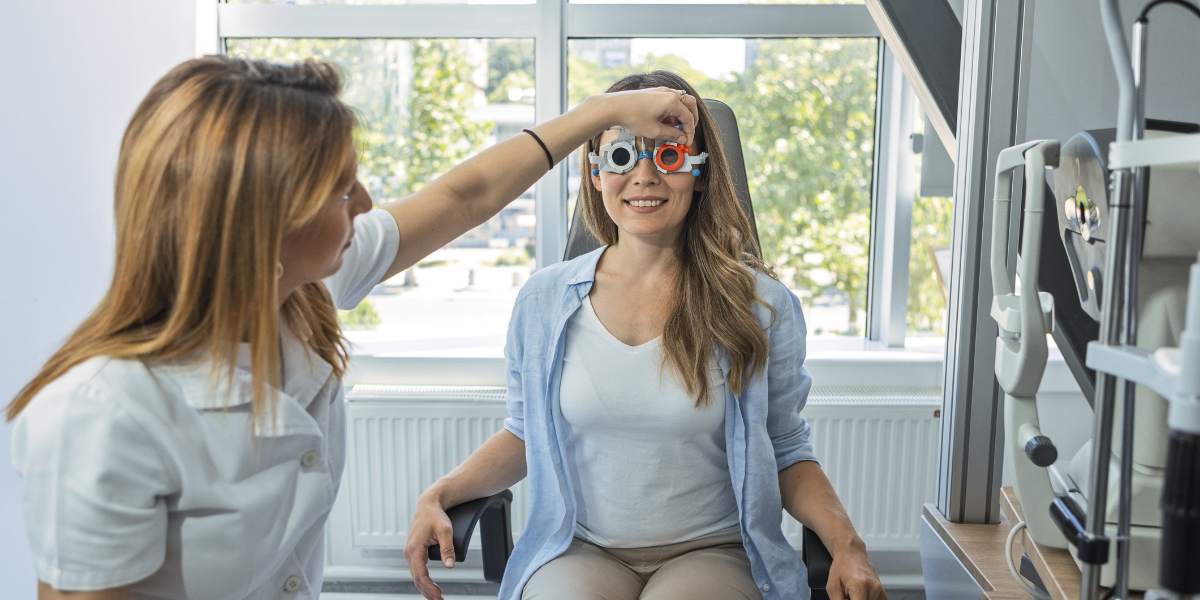Scientists have made an “exciting breakthrough” for the millions of people affected by macular degeneration after growing and keeping human cells alive in an artificial eye for 150 days.
Researchers from Anglia Ruskin University in Essex used nanotechnology to successfully grow cells in a 3D replica of a human eye to mimic the macular layer at the back of the eye.
According to the academics, this development is encouraging and could potentially be used to treat age-related macular degeneration (AMD).
- Age-related macular degeneration strongly associated with serious forms of cardiovascular disease
- Eye health: why diabetes impact eye healing
Senior author Professor Barbara Pierscionek said: “We’ve found something that’s allowing the cells to grow and be viable in the long term.”
The researchers will need to carry out clinical trials in order for it to be used as a treatment for AMD – a condition which currently cannot be cured. Once approved, the artificial layer of the replica eye could be transplanted into humans.
Affecting one in 10 people over the age of 65, AMD is a disease that impacts an individual’s central vision, but people rarely go blind from it.
Professor Pierscionek said: “In the past, scientists would grow cells on a flat surface, which is not biologically relevant.
“Using these new techniques, the cell line has been shown to thrive in the 3D environment. This is an exciting breakthrough that could potentially help millions of people.”
Pensioner Mary Davies has welcomed the development after her dry AMD has forced her to stop driving.
- 3D bioprinting to transform the treatment of eye diseases, study suggests
- Colourful fruit and vegetables boost eye and brain health
She said: “I’ve known people with a diagnosis who thought it was the end of their lives. Knowing that this research is going on is wonderful.”
The disease costs the NHS approximately £1.6 billion a year, according to the charity Macular Society.
Cathy Yelf, Chief Executive of Macular Society, said: “Macular disease is as prevalent as dementia and represents a huge cost, care and societal burden.
“While there still needs to be a lot more work done before we see this being used in humans, this is an encouraging area of research.”
The full study is available here.




